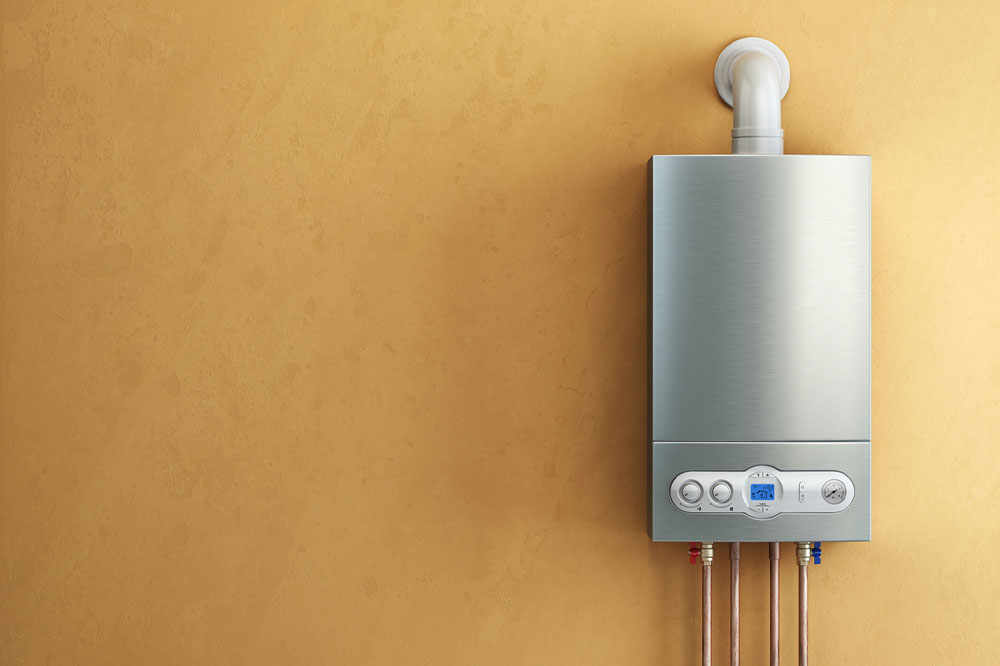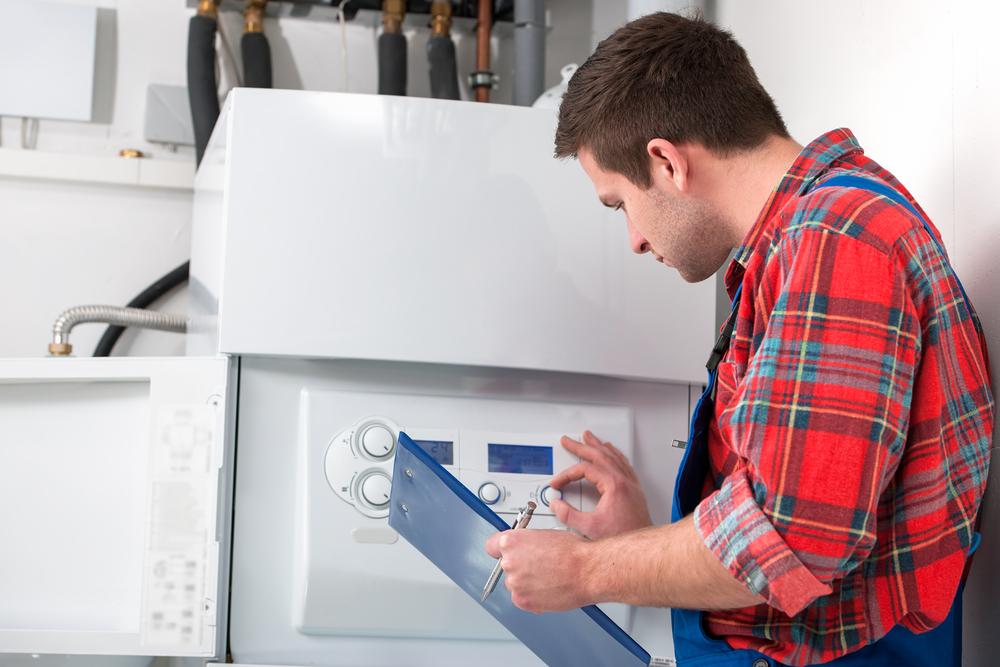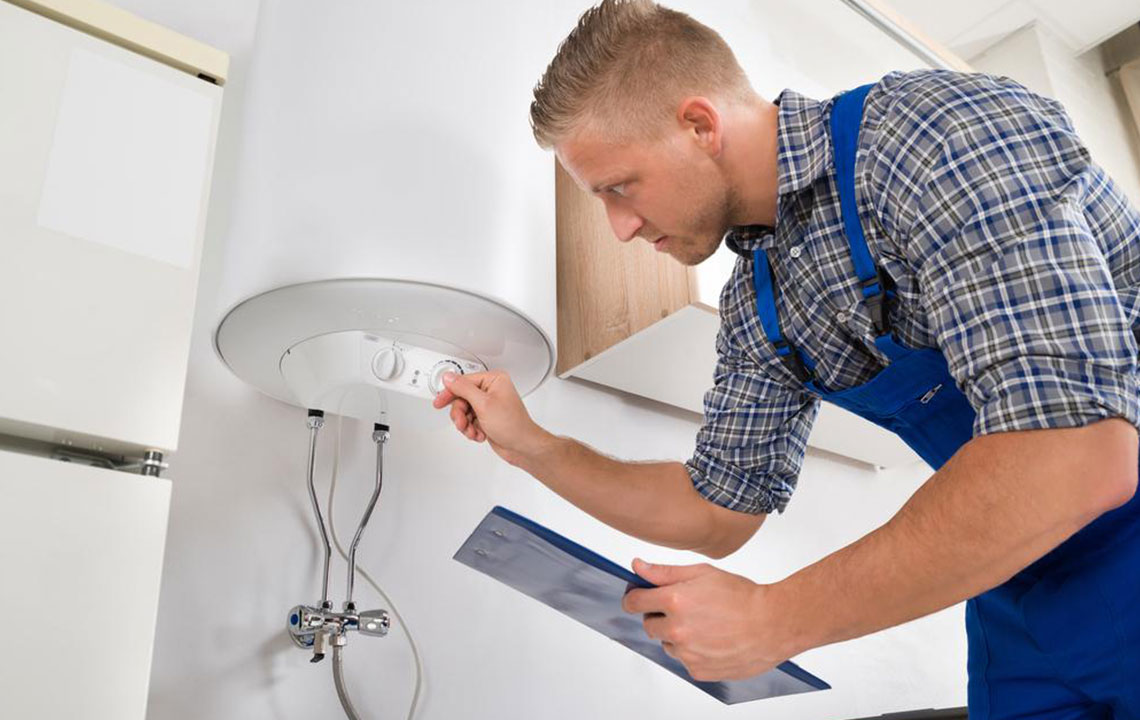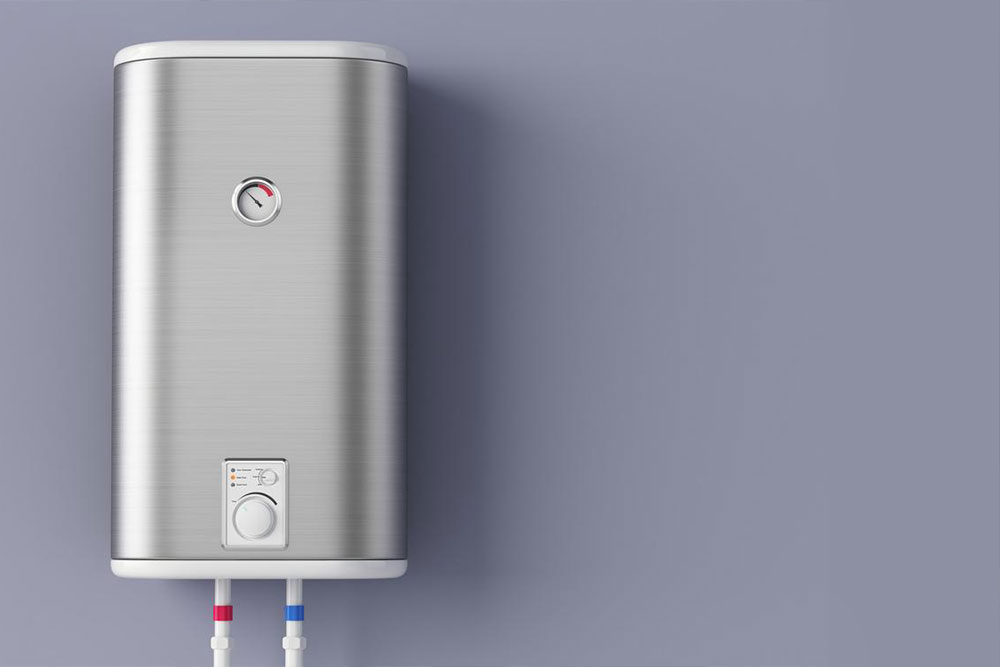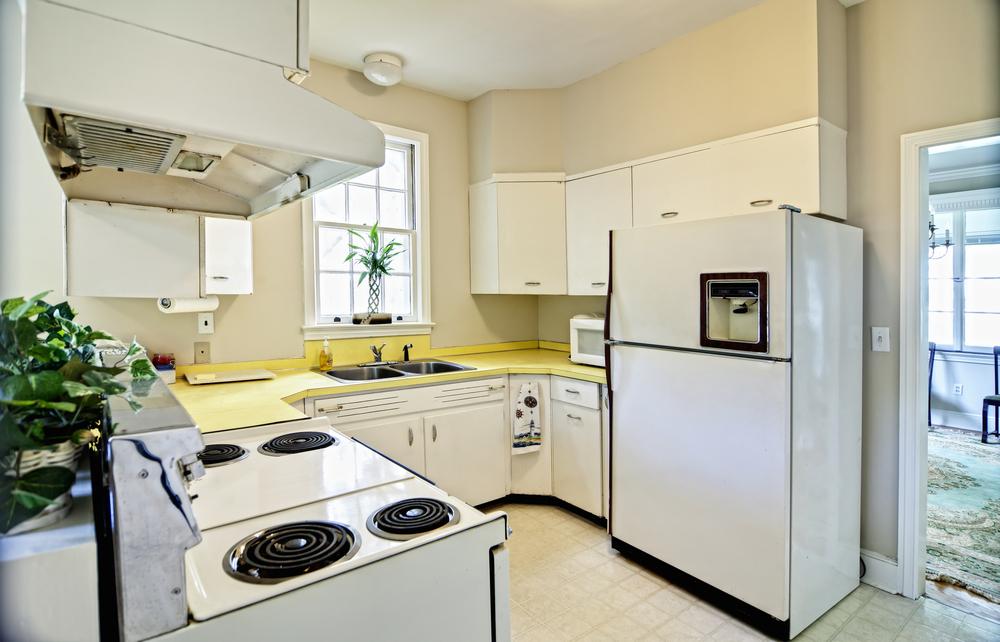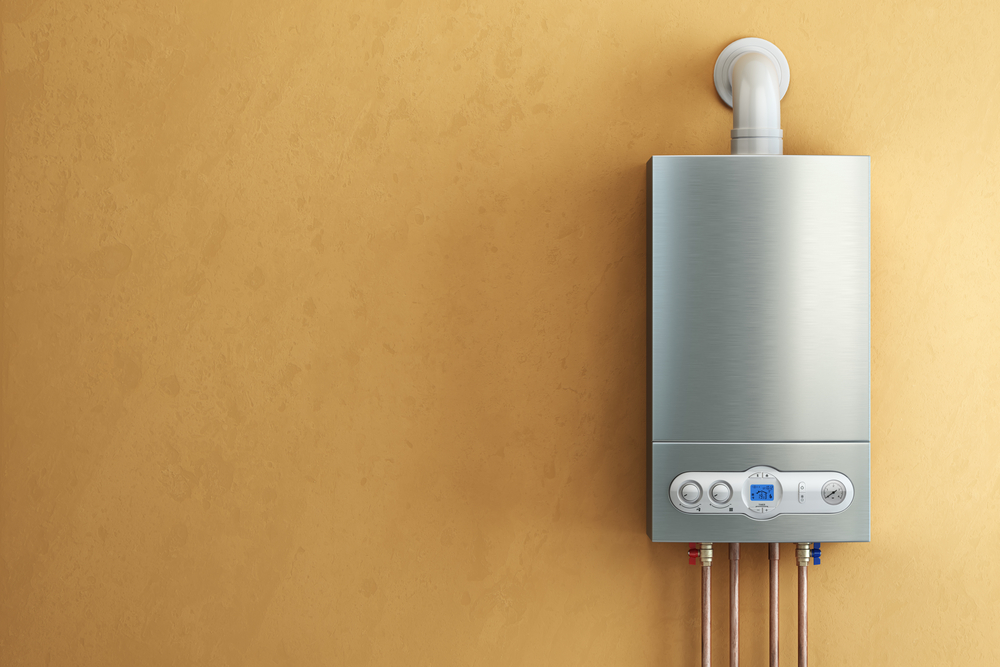Comprehensive Guide to Choosing the Perfect Water Heating System for Your Home
This comprehensive guide helps homeowners select the ideal water heating system by covering energy sources, types, space considerations, energy efficiency, and maintenance. Making informed choices ensures reliable hot water, lower energy bills, and long-lasting performance, tailored to your household needs.
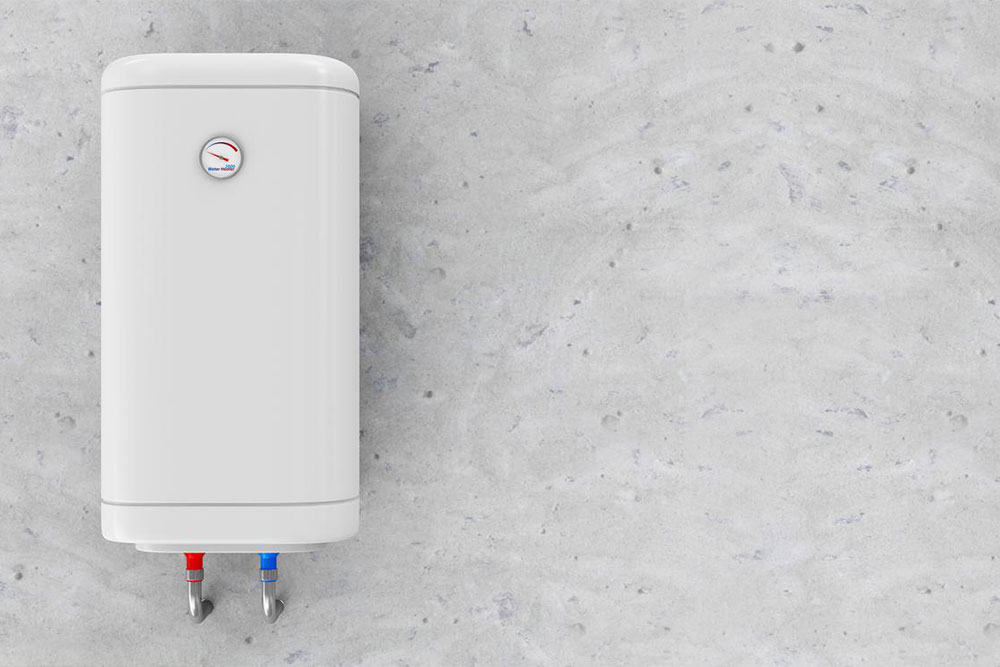
Comprehensive Guide to Choosing the Perfect Water Heating System for Your Home
Selecting an appropriate water heating system is a critical decision that impacts your household's comfort, energy consumption, and overall expenses. With a wide array of options available today, understanding the key factors that influence the effectiveness and efficiency of your chosen system is essential. Whether you're replacing an old unit or installing a new one, making an informed choice can lead to long-term savings and reliable hot water supply.
Understanding Your Energy Source Options
The first step in choosing a water heater is deciding on the type of energy source that best suits your home and lifestyle. Different fuel types offer distinct advantages and limitations, influencing operating costs, installation, and performance. Common sources include electricity, natural gas, propane, solar energy, geothermal, and fuel oil. Your geographical location, availability of resources, and energy prices play a vital role in this decision. For example, households in sunny regions might benefit greatly from solar water heating systems, while areas with abundant natural gas supplies may opt for gas-powered models to capitalize on lower fuel costs.
Types of Water Heaters in Detail
Understanding the various types of water heaters available on the market allows you to select the one that best fits your household needs. The main categories include traditional storage tank models, tankless (on-demand) units, heat pump systems, and solar-powered systems. Each type has specific advantages and considerations.
Storage Tank Water Heaters: These are the most common units, featuring a tank that stores a fixed amount of hot water. They are suitable for households with higher simultaneous hot water demands. However, they tend to consume more energy due to standby heat loss.
Tankless or On-Demand Water Heaters: These units heat water only when needed, providing endless hot water and saving energy by eliminating standby heat loss. They're ideal for homes with limited space and variable hot water requirements but generally have a higher initial cost.
Heat Pump Water Heaters: Utilizing ambient heat from surrounding air, these systems are highly energy-efficient. They are best suited for climate-controlled environments and can significantly reduce electricity bills.
Solar Water Heaters: Powered by solar energy, these systems are eco-friendly and reduce energy costs substantially over time. They require sufficient sunlight and may need dual systems for backup hot water generation during cloudy days or nighttime.
Evaluating Available Space and Installation Requirements
Your home's layout and available space significantly influence the type of water heater you choose. Larger storage tanks, typically 30 gallons or more, demand ample room for installation, often in basements or utility rooms. Conversely, tankless systems are compact and can be installed in smaller spaces, even mounted on walls, making them suitable for apartments or limited areas.
Proper installation not only ensures safety and efficiency but also lengthens the lifespan of your water heating unit. Consulting professionals to assess your space and determine the optimal setup is highly recommended. Additionally, think about future expansion—if your family grows, you may need a larger system or higher capacity units.
Importance of Energy Efficiency and Cost Savings
An energy-efficient water heater reduces long-term operational expenses and minimizes environmental impact. Models with high Energy Factor (EF) or Uniform Energy Factor (UEF) ratings are more efficient. Tankless water heaters generally outperform traditional tank models in efficiency because they heat water on demand without standby heat loss.
While tankless units tend to have higher upfront costs, their operational savings often outweigh initial expenses over time. LEED certification, ENERGY STAR ratings, and advanced insulation are indicators of high efficiency. Investing in energy-efficient models may also qualify you for rebates or tax incentives in some regions, further lowering overall costs.
Durability and Maintenance of Water Heating Systems
The expected lifespan of water heaters varies among types. Tankless units can last up to 20 years with proper maintenance, whereas traditional tank models typically endure 10-15 years. Durability depends on build quality, water quality, and usage patterns.
Maintenance practices include flushing out sediment buildup, inspecting anode rods to prevent corrosion, and checking for leaks or insulation issues. Tankless models often require less maintenance, making them more cost-effective in the long run, but periodic professional servicing is necessary for optimal performance. Updating or replacing anode rods, cleaning filters, and ensuring correct temperature settings help extend the lifespan and improve efficiency.
Choosing a reputable brand and installer can also impact durability. Regular maintenance not only preserves performance but also guarantees safety, preventing potential hazards like leaks or electrical faults.
